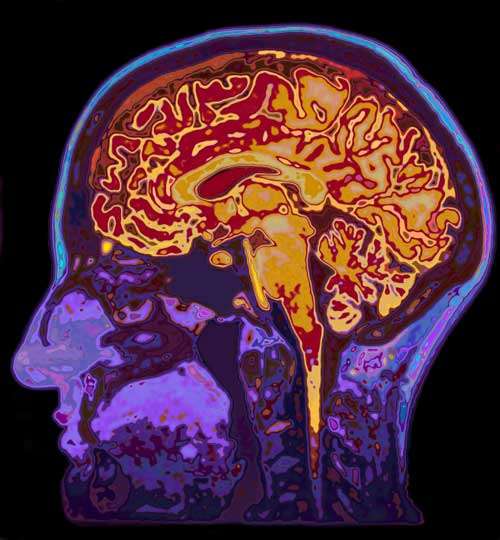 ©iStock/MachineHeadz
©iStock/MachineHeadzThe concept of addiction as a brain disease is still being questioned. Yet, an article published today in The New England Journal of Medicine by NIDA Director Dr. Nora Volkow, NIAAA Director Dr. George Koob, and Dr. A. Thomas McLellan, co-founder and Chair of the Board of the Treatment Research Institute, further enforces this concept. The review article summarizes recent scientific advances in the neurobiology of addiction, including prevention and treatment strategies, as well as related developments in public policy.
The authors clarify the link between addiction and brain function, including: (1) the desensitization of reward circuits; (2) addiction’s contribution to the increasing strength of conditioned responses and the brain’s reaction to stress; and (3) the weakening of brain regions involved in executive functions. The authors describe three stages of addiction, including binge and intoxication; withdrawal and negative affect; and preoccupation and anticipation (or craving). Each stage is associated with the activation of specific neurobiologic circuits with behavioral responses and clinical consequences, characterized by people who continue to take drugs even though they are no longer pleasurable. The scientists also emphasize that the brain does not fully develop until a person’s mid-twenties, making the adolescent brain less able to modulate strong emotions and desires.
The authors conclude that neuroscience continues to support the brain disease model of addiction. Neuroscience research in this area not only offers new opportunities for the prevention and treatment of substance addictions and related behavioral addictions (e.g., to food and gambling), but may also improve the understanding of the fundamental biologic processes involved in voluntary behavioral control.
Reference: "Neurobiologic Advances from the Brain Disease Model of Addiction" by Nora D. Volkow, M.D., Director, National Institute on Drug Abuse, George F. Koob, Ph.D., Director, National Institute on Alcohol Abuse and Alcoholism, and A. Thomas McLellan, Ph.D., Co-founder, Treatment Research Institute, published online January 28, 2016 in The New England Journal of Medicine.
For information on Drugs, Brains, and Behavior: The Science of Addiction: https://www.drugabuse.gov/publications/drugs-brains-behavior-science-addiction/preface
For information on Neuroscience: Pathways to Alcohol Dependence: http://pubs.niaaa.nih.gov/publications/AA77/AA77.pdf
For more information, contact the NIDA press office at media@nida.nih.gov or 301-443-6245.
